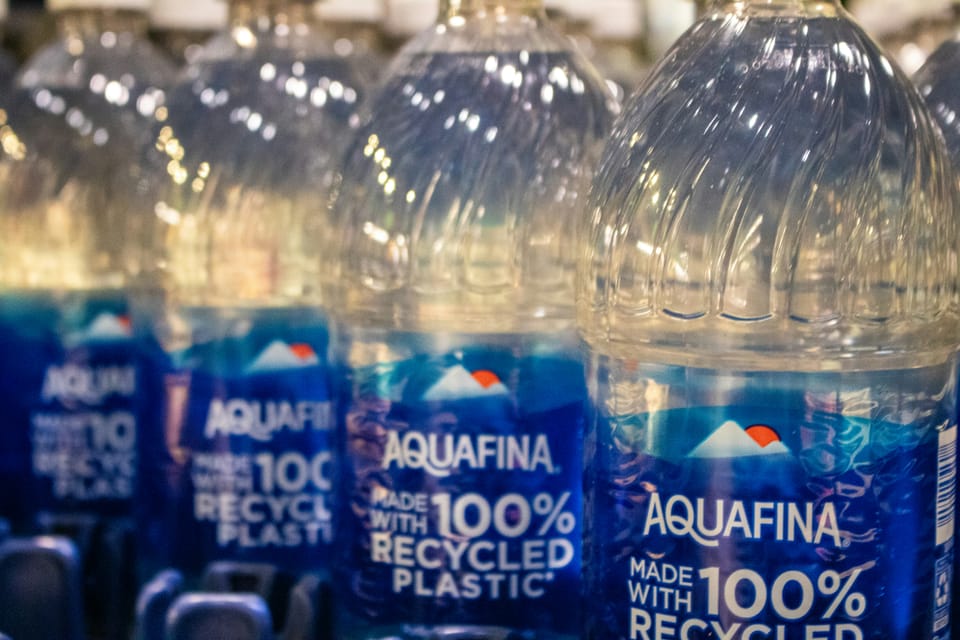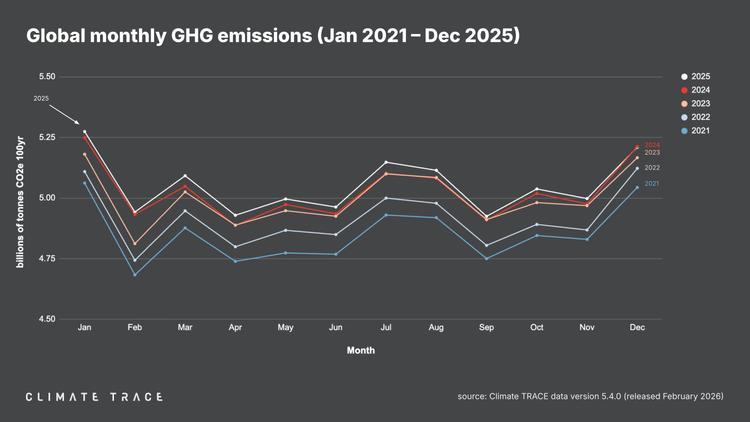Recycled plastics 30 years and €400bn away from cost parity with virgin plastics
"Moving the needle will require a systems approach with regulatory support."

Chemically recycled plastics could achieve price parity with virgin plastics within 20 to 30 years – but it will cost €400 billion in capital expenditure to get there.
A new report by Bain & Company shows that unattractive economics remain an obstacle to the development of the chemical recycling industry: in Europe, recycled polyolefins (produced by breaking down pre- and post-consumer plastic waste into new plastic molecules) still cost more than twice as much as their virgin counterparts.







